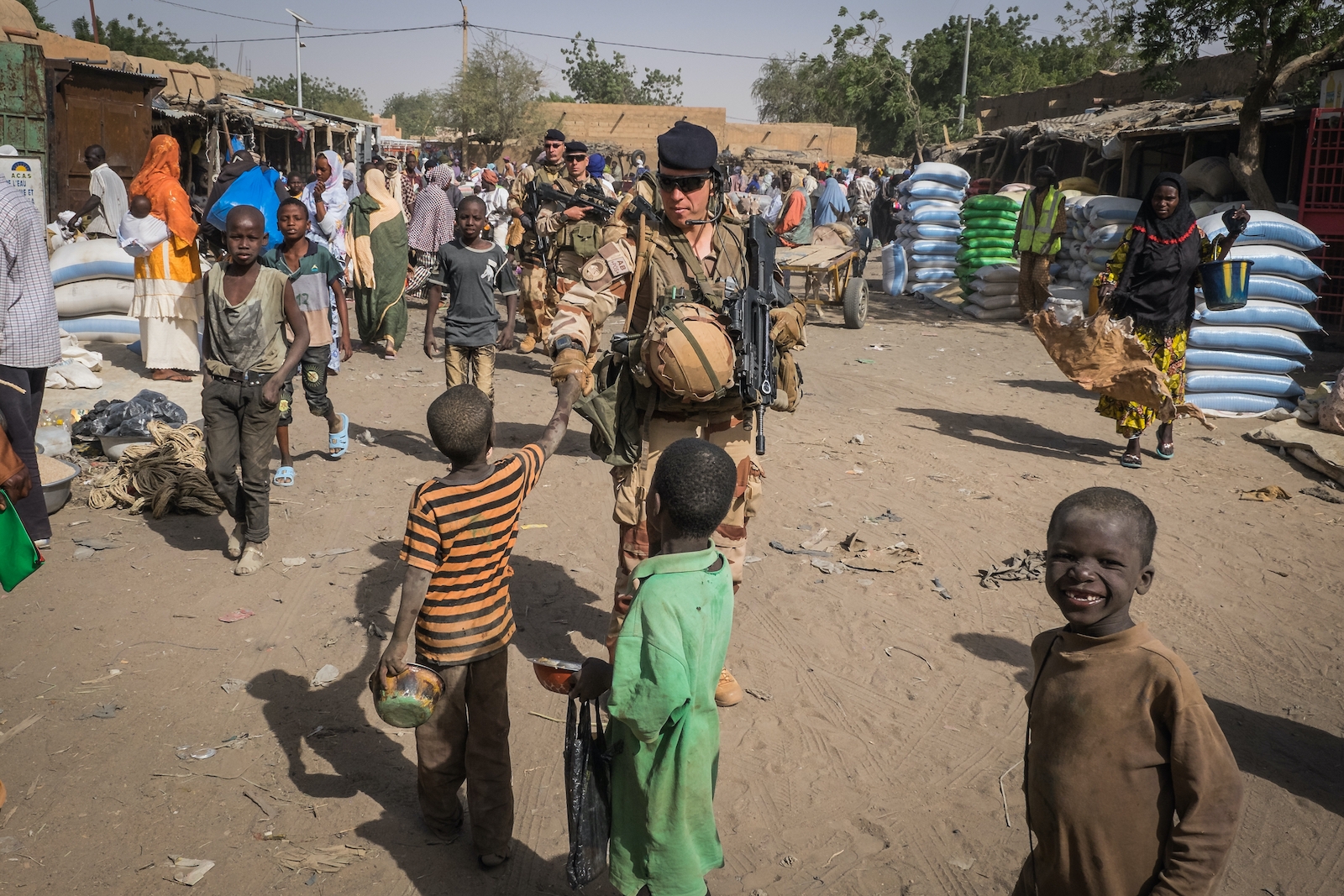
Relations Between France and Mali are Deteriorating
Relations between France and its former colony have been strained for some time. But now tensions between Paris and the Malian junta are reaching an unprecedented level.
Last month, ECOWAS, the West African bloc, imposed severe economic sanctions on Mali due to the “refusal” of the transitional authorities in Bamako to hold presidential and legislative elections that had previously been announced for February. Bamako accuses France of being behind the ECOWAS sanctions.
Since then, talks between France and the Malian transitional government have reached an impasse. Mali decided to send the Danish contingent of Operation Takuba home because the arrival of these troops had not been agreed to. In response to this decision, Jean-Yves Le Drian, the French foreign minister, did not mince words, denouncing the Malian government in harsh terms as “illegitimate” which is making “irresponsible decisions.”
The Malian response was not long in coming. On January 31, the Malian authorities asked Joël Meyer, the French ambassador, to leave the country within 72 hours in reaction to the comments of Jean-Yves Le Drian. This was an unprecedented thunderbolt in the bilateral relationship. Abdoulaye Diop, the Malian foreign minister, called Le Drian’s remarks “full of contempt.” “We ask that Paris respects us as a country,” Diop said. The expulsion of the French ambassador marks a point of no return in relations between Paris and Bamako.
Choguel Kokalla Maïga, Mali’s prime minister, also made serious accusations against France during an interview with a Malian television channel. He accused France of trying to “divide” the country.
Maïga asserted that it was France that had “destroyed Libya to spread weapons everywhere, bring mercenaries [to] cut Mali in half.”
“I have names,” Maïga said. “Everything is documented.” In addition, according to Maïga, former rebel fighters “clearly say that it was France who told them ‘we will divide Mali and give you independence.’ They later understood that France wanted to use them to weaken the Malian state and [to] do what it wants.”
Mali firmly believes that France made a mistake in Libya and that it has every reason to worry and doubt its “ally.” Mali believes that France instigated the chaos that Libya is experiencing today, and is the primary source of instability in Libya.
In 2011, France convinced its NATO allies to intervene in Libya and help in the overthrow of Muammar Qaddafi. It was the beginning of a destructive inferno for Libyans and surrounding countries. Today, terrorism, slavery, and human trafficking networks are entrenched there and in the region.
Even Jean-Pierre Chevènement, France’s former minister of interior and defense, has admitted: “We destroyed Libya.” “Muammar Qaddafi’s Libya had many flaws but it exercised control over its borders,” says Chevènement. The strife in Libya has destabilised the country and to some extent, helped feed the growth of extremist groups.
But has France learned any lessons from its experience with Libya and could it repeat the same mistakes with Mali?
According to Choguel Kokalla Maïga, “we are having a bad war. If we remove foreign influences, which have other agendas, we, Africans, can understand each other. The destiny of Africa is being played out in Mali.” To have a rehabilitated country and a stable state “we must give ourselves time to organise a responsible transition.”

